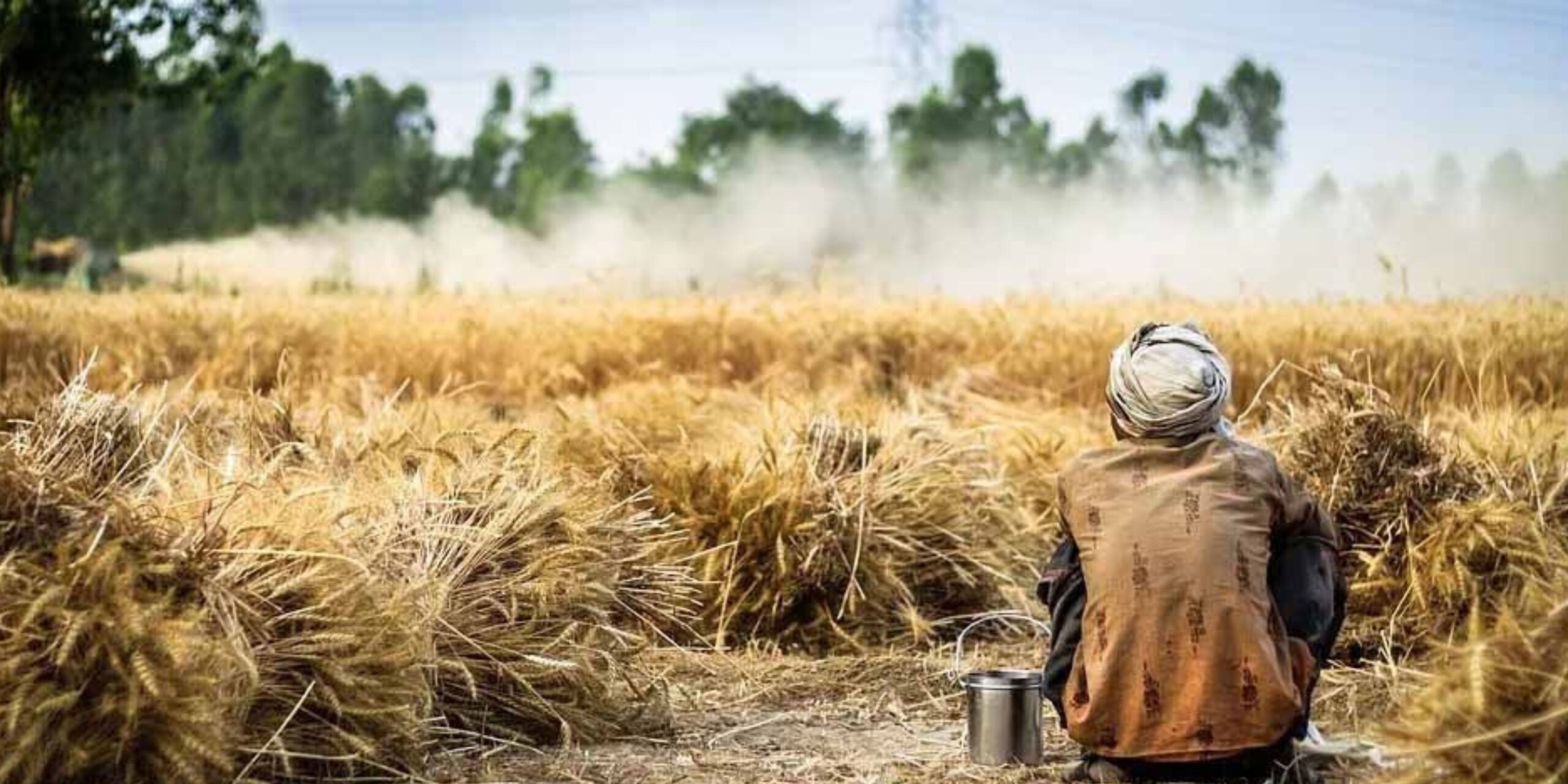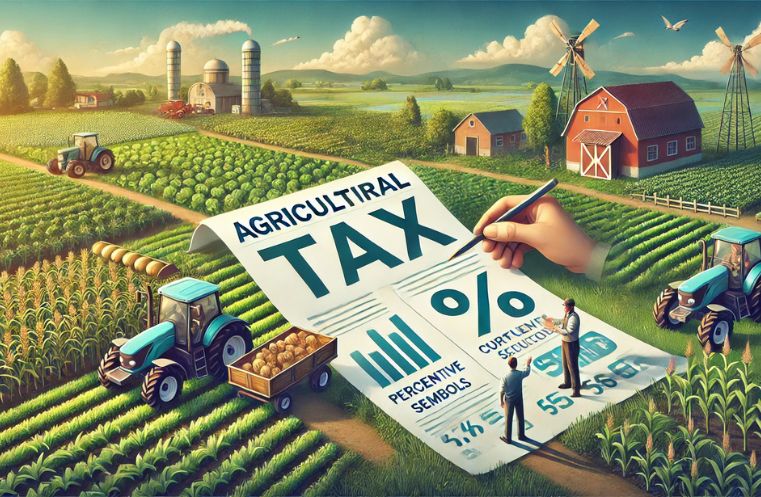March 24, 2025 – Pakistan’s agricultural sector is facing one of the highest tax burdens in the region, raising concerns among farmers and industry experts about its impact on productivity and economic stability. A recent report by the Institute of Cost and Management Accountants of Pakistan (ICMA) highlights the significant challenges of enforcing the newly introduced agricultural income tax.
Challenges for Farmers
The tax, implemented under International Monetary Fund (IMF) conditions, ranges between 15% and 45%, with an additional 10% super tax on high-income landowners. This makes Pakistan’s agricultural tax higher than in neighboring countries like India, Bangladesh, and Sri Lanka, where tax relief measures and subsidies support farmers.

Also Read : Punjab Boosts Free Wi-Fi Service with Faster Internet for Public Use
Agricultural experts argue that the heavy taxation on fertilizers, pesticides, and machinery has led to increased production costs, reducing farmers’ profit margins. Many small-scale farmers struggle to keep up with these rising costs, affecting overall food production and supply chain stability.
Ahmed Khan, a wheat farmer from Punjab, stated, “We are already facing issues like water shortages and unpredictable weather patterns. High taxes on essential farming inputs make it even harder for us to sustain our livelihoods.”
Enforcement Challenges and Policy Recommendations
The ICMA report highlights several difficulties in enforcing the new tax, including outdated land records, fluctuating farm incomes, weak tax collection mechanisms, and political resistance. Small farmers are particularly vulnerable, as the taxation could lead to higher product prices and inflation.

ICMA suggests a phased implementation, starting with large landowners, to ease the transition. The report also calls for modernizing land records, integrating digital tools, and providing incentives to improve compliance.
Dr. Saima Raza, an agricultural economist, emphasized, “Governments in other regions provide subsidies to support farmers, but in Pakistan, high taxation is making agriculture less profitable. A revised tax policy is essential for long-term sustainability.”
Government’s Response and Future Outlook
While the government acknowledges the concerns raised by farmers, it maintains that taxation is necessary for revenue generation. However, policymakers have indicated that they are considering reforms to ease the financial strain on the agricultural sector. Discussions on tax restructuring and potential subsidies are ongoing, with expectations of policy changes in the upcoming federal budget.

As the debate continues, industry stakeholders urge the government to strike a balance between revenue generation and ensuring a thriving agricultural sector, which remains a cornerstone of Pakistan’s economy.
Also Read : Ministry Commits Support for Pak-Suzuki's Biogas Project
Bloom Insight
Pakistan’s agricultural sector continues to demonstrate resilience. Innovative farming techniques, increased mechanization, and the rise of agritech startups are helping farmers improve productivity. Digital tools are improving access to markets, advisory services, and financial resources for small farmers.

With tax reforms and modern policies, agriculture could thrive and boost economic growth. Balanced policies and technology adoption can help Pakistan’s agriculture overcome challenges and grow stronger.









